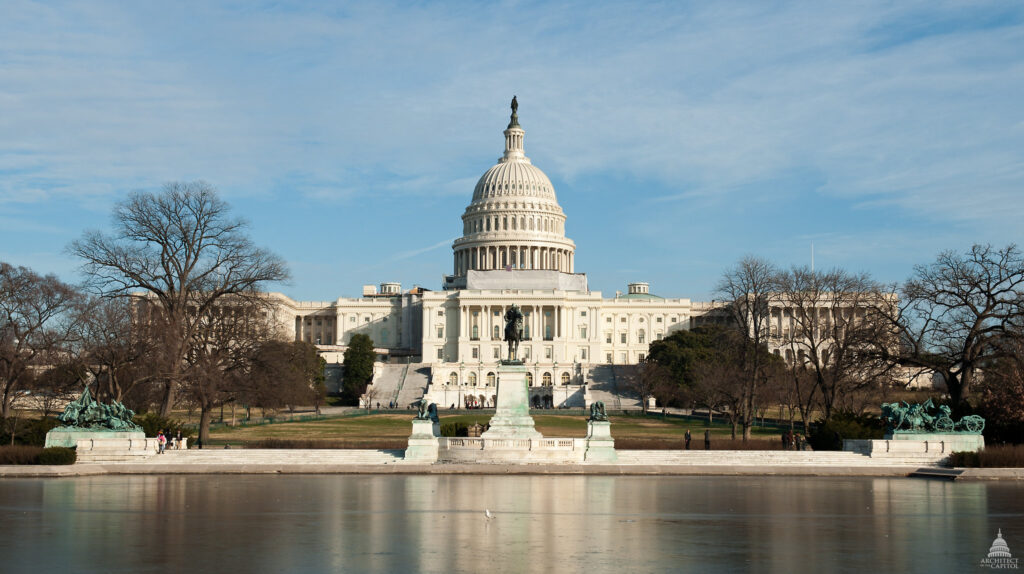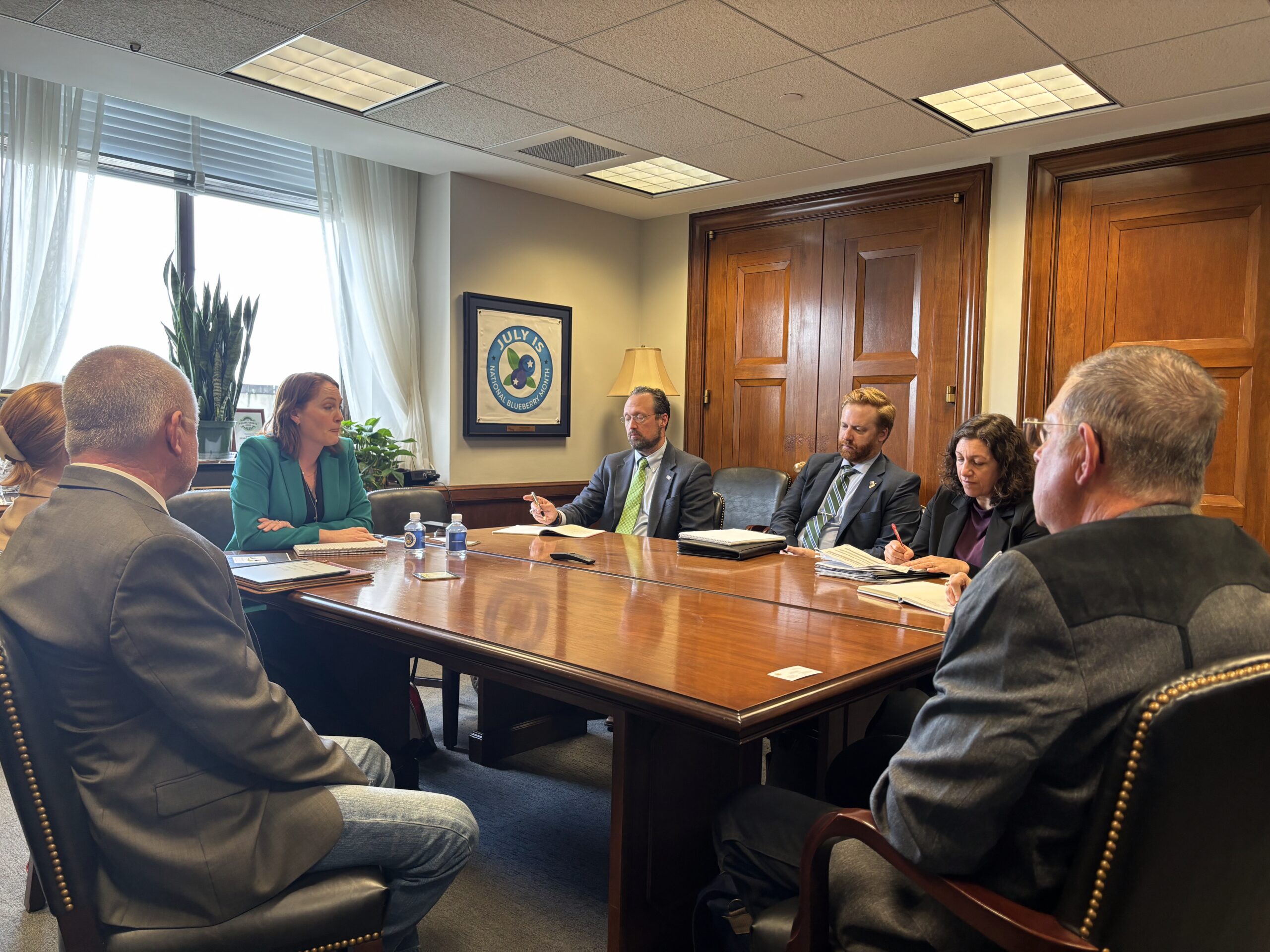government relations
Strengthening Connections Where Policy Takes Shape
Building relationships with congressional and agency decision-makers in Washington, D.C., is a long-standing core function of the IWJV and its Government Relations Committee. These efforts help ensure that wildlife habitat conservation remains a priority at the federal level.

How We Make an Impact
Securing Federal Support
Core funding for Joint Ventures comes through the USFWS Migratory Bird Joint Venture program (DOI Budget – USFWS – NAWMP – Line 1234). Since the late 1980s, IWJV has worked with the Association of Joint Venture Management Boards to maintain and grow this support.
Expanding Access for Partners
We balance habitat conservation with multiple natural resource benefits. By using science to inform decisions, we ensure that conservation efforts are both effective and sustainable for people and wildlife alike.
Championing Bipartisan Conservation Policies
To scale our impact beyond base funding, the IWJV advocates for additional funding sources and bipartisan policies that enable large-scale, science-driven habitat conservation.
The IWJV executes a robust government relations strategy that involves the following approaches:

Sustaining Momentum Through Trusted Relationships
The success of the IWJV’s government relations work relies on the time, energy, and connections of dedicated partners. Each year, we build on that momentum—engaging congressional and agency leaders through strong relationships and western-based forums.